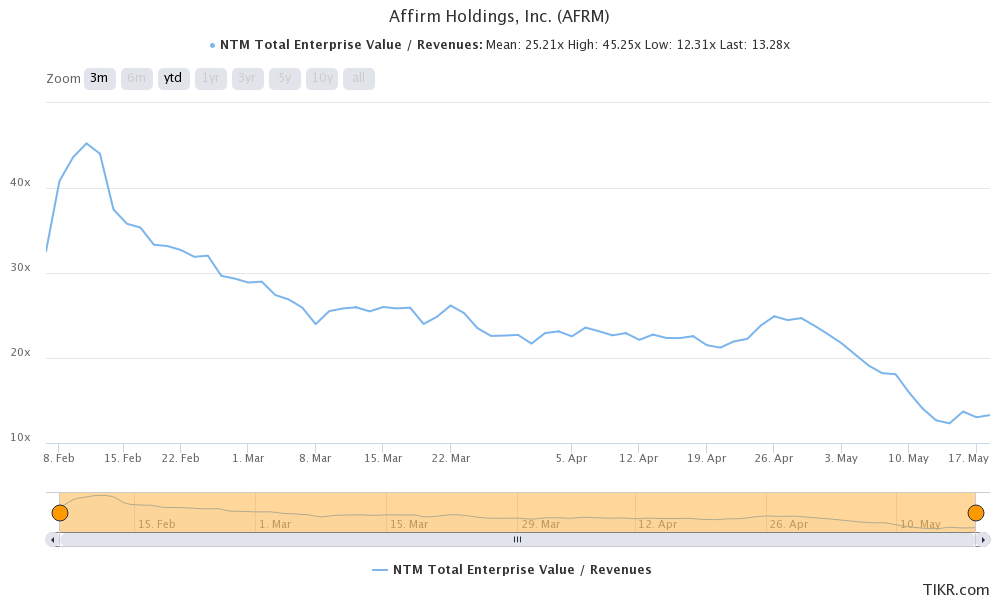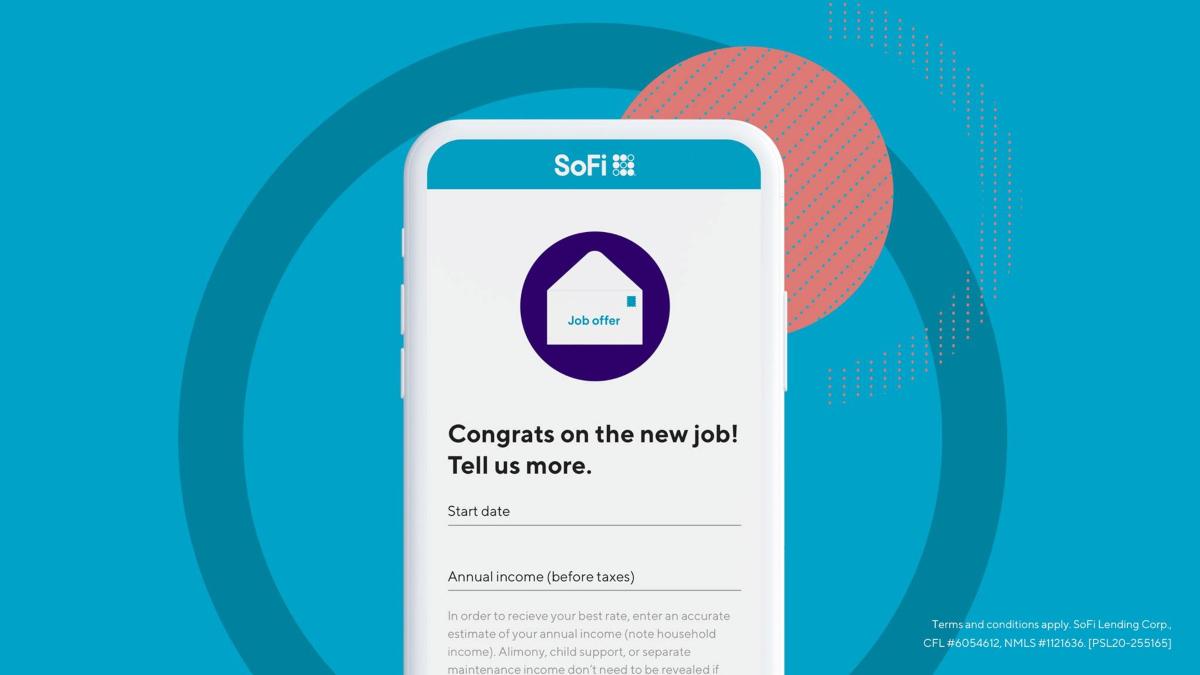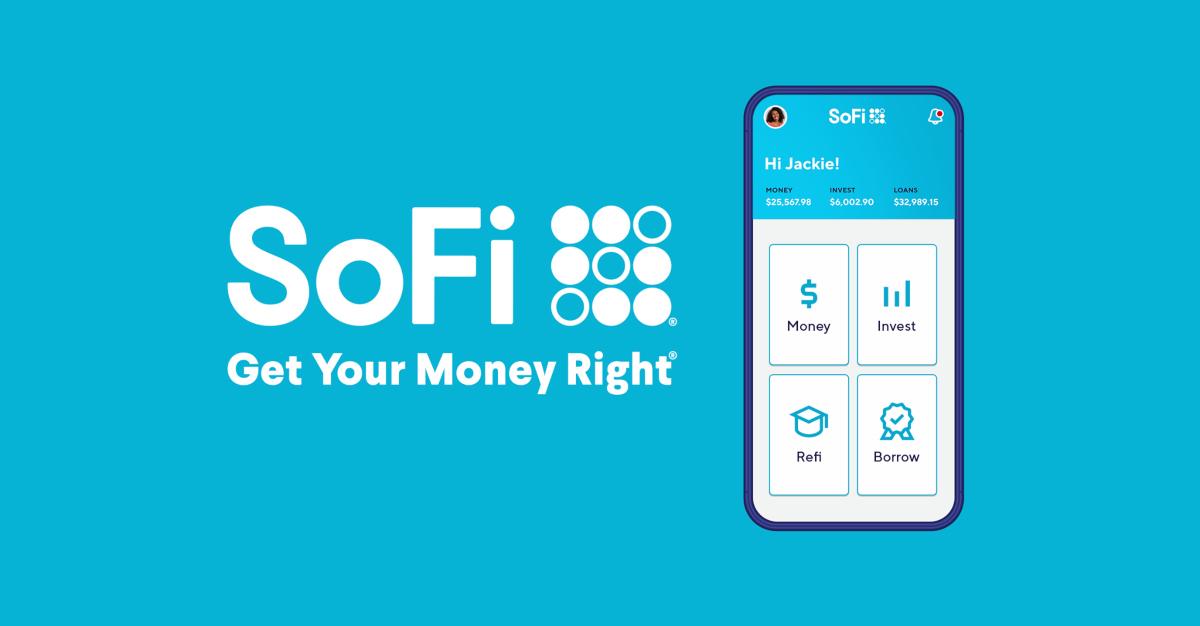Will SoFi Avert the 'Post-Merger Blues' That Other SPACs Faced?
Most SPACs have fallen after the merger date. However, SoFi might manage to avert a sell-off after the IPOE merger date.
May 19 2021, Published 8:38 a.m. ET

The SPAC mania of 2020 has faded. Chamath Palihapitiya, hailed as the “king of SPACs” and the “next Warren Buffett” has been impacted the most. Social Capital Hedosophia Holdings (IPOE) is his fourth SPAC. IPOE is set to merge with SoFi soon. Can SoFi avert a sell-off after the IPOE merger date?
Most of the SPACs have seen a sell-off after the merger date and many of them are trading below $10, including Clover Health. One of Palihapitiya’s SPACs merged with Clover Health.
Why SPACs have fallen below $10
There has been a sell-off in all SPACs, which has taken some of them below the IPO price. In most cases, the IPO price is $10. While SPACs have fallen after the merger, there isn't a casualty relationship between the merger date and the stock price falling.
It isn't certain that a SPAC will fall after the merger date. Although most of the SPACs have fallen after the merger dates lately, there has been a sell-off in growth names. Most of the SPACs have merged with loss-making companies, which have all of their profitability skewed towards the future.
Those are the kind of companies that have been out of favor with investors. Also, there has been a sell-off in green energy, space exploration, and fintech companies. Many of the SPACs merged with targets in these industries and they have borne the brunt of the sell-off in stocks of their listed peers.
SoFi and IPOE merger date is finalized.
Originally, SoFi was supposed to merge with IPOE in the first quarter of 2021. However, the merger got delayed. The good thing is that the merger appears to be on track now. The company has kept May 27 as the voting date to approve the merger and intends to close the deal the next day. Beginning in June, SoFi will start trading on the exchanges.
While some of the SPACs have been having trouble getting the requisite votes to get the merger approved, I don’t see any such troubles with the IPOE-SOFI merger. The stock price is comfortably above $10 and shareholders should approve the merger without much fuss.
What happens to SoFi after the IPOE merger?
On the technical front, IPOE would stop trading and the ticker would change to “SOFI” after the merger is complete. Investors want to know if SoFi will face the same post-merger blues that other SPACs, including those sponsored by Palihapitiya, have faced.
I would argue that IPOE has already sold off. Currently, it's down over 40 percent from its 52-week highs. However, the stock has bounced back from its lows. The announcement of the merger voting date also helped kickstart a rally. Investors have been trying to bottom fish in some of the beaten-down quality growth names.
SoFi stock forecast after IPOE merger
After the merger, investors would compare IPOE with other fintech companies. There has been a severe sell-off in fintech companies, especially those that have listed over the last year. This includes Affirm, which delayed its IPO in 2020 and listed this year at a bumped-up IPO price.
Currently, SoFi has a pro forma market capitalization of around $14.5 billion. Based on the projected 2021 sales of $980 million, we get a 2021 price-to-sales multiple of around 15x. Affirm has a market capitalization of $13.6 billion and is expected to post revenues of $980 million in 2021, which implies a 2021 price-to-sales multiple of just under 14x.

Affirm stock valuation
From a valuation perspective, SoFi looks priced in line with its peers. After the listing, the stock could move in tandem with other fintech companies. While fintech stocks have been out of favor with markets, they are a long-term growth story.
The recent fall in fintech names like Affirm and IPOE could be an opportunity to build long-term positions in these names. Short-term volatility notwithstanding, fintech stocks should give good returns over the next five years.



